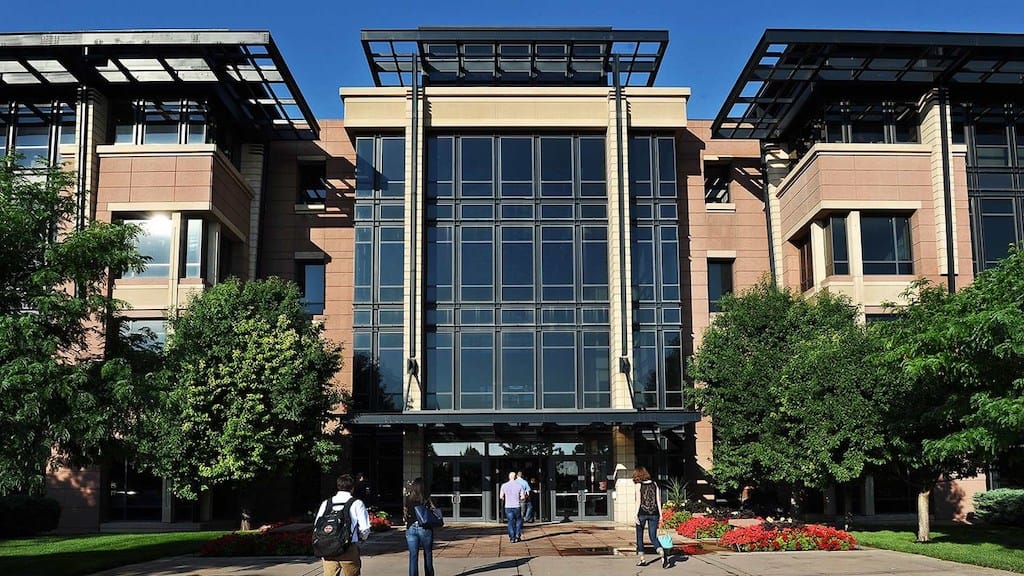Dish Wireless Seeks FCC Help With Affordable Connectivity Transition
The company needs to be designed as an Eligible Telecommunications Carrier to promote the Lifeline option, it said.
Ted Hearn

WASHINGTON, February 3, 2024 – Dish Wireless has plans to help low-income households in danger of losing their monthly federal internet stipend, but the company says it needs prompt assistance from the Federal Communications Commission to be of much help.
The Affordable Connectivity Program comes with a $30 a monthly discount on Internet bills, but the program is likely going to run out of funding in April, impacting more than 22 million enrolled households, according to the FCC.
Dish Wireless wants to be able to inform ACP enrollees that through the company they can access a $9.25 monthly discount on their internet bills under the FCC’s Lifeline Program if ACP money dries up.
New Street Research – which does not believe the ACP will be extended – estimates that Dish Wireless has about 764,000 customers enrolled in the ACP.
Dish Wireless, in a January 31 filing with the FCC, said it can’t promote the Lifeline option in many states because the FCC has not acted on its petition to be designated an Eligible Telecommunications Carrier. Only ETCs may participate in the Lifeline Program.
Although Dish Wireless has ETC status in 25 states, it is asking the FCC to add Alabama, Connecticut, Delaware, Florida, New Hampshire, North Carolina, the District of Columbia, and Tribal areas to the list. The FCC has authority in these “Federal States” because each state “has disclaimed jurisdiction over ETC designations for commercial mobile radio service (CMRS) providers,” Dish Wireless explained in an FCC filing one year ago.
Dish made its case on the ETC issue in a discussion two days ago with senior aides to FCC Chairwoman Jessica Rosenworcel.
“With the impending end of ACP, Dish stressed to the [FCC] that it is imperative for the FCC to swiftly approve DISH’s ETC status in the Federal States in order to help keep vulnerable households from losing their connectivity should the ACP end,” Dish said in an FCC filing about the meeting.
By offering the Lifeline option, Dish Wireless said it can soften the impact of losing ACP support. Dish Wireless did not explain how the Lifeline Program – which has a small budget – would handle the influx of beneficiaries coming over from the ACP.
“Without a Lifeline offering available, DISH would be unable to offer ACP subscribers a viable alternative to the ACP service. These customers would face substantial rate shock if the only option from DISH is to continue with the ACP service but without the ACP subsidy previously given,” Dish Wireless said.
The FCC’s Lifeline Program, started in 1984, is administered by the Universal Service Administrative Company. The Lifeline Program receives less than 10% of the $9 billion allocated for the Universal Service Fund. The preponderance of the funding goes to telecom companies in high-cost areas and to schools and libraries across the country for Internet access.
Ted Hearn is the Editor of Policyband, a new website dedicated to comprehensive coverage of the broadband communications market. This piece was published on Policyband on February 3, 2024, and is reprinted with permission.









Member discussion